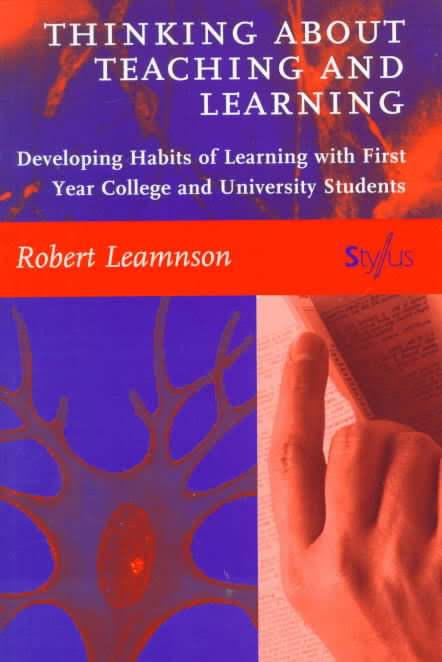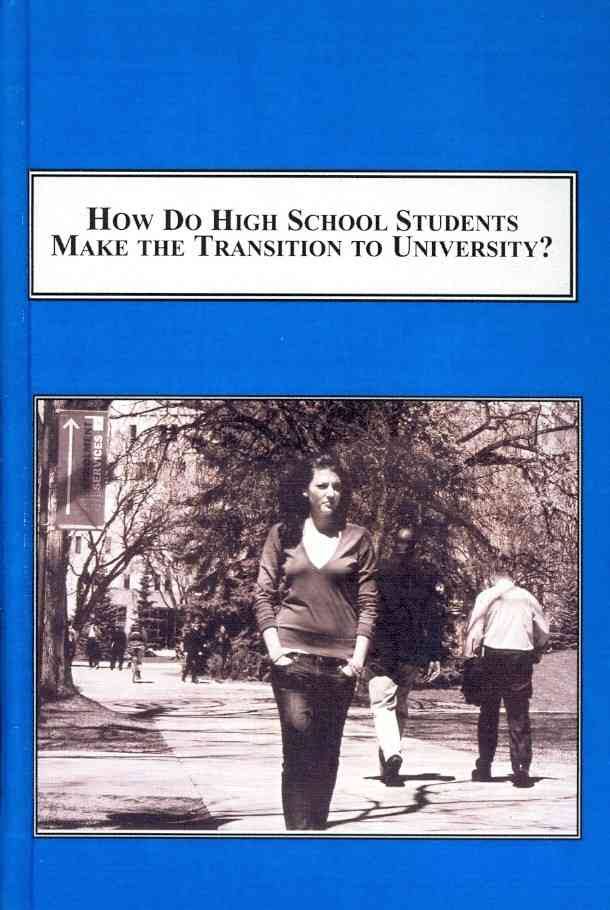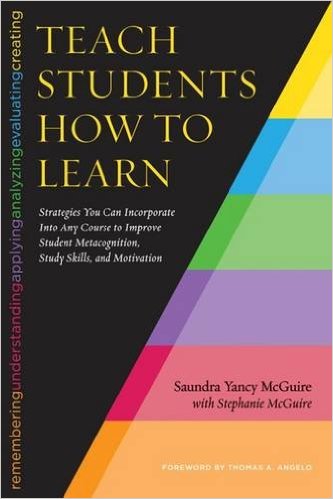Learning to Learn
Many students enter post-secondary studies needing to develop the skills necessary to learn effectively. ╠² The literature in this field is rooted in cognitive science, educational psychology, and student advising, among others. Teachers can assist students in acquiring these skills by embedding skill development in course activities, assessment, and learning outcomes.╠² The resources below contain information on how to integrate study skills and time management, as well as information on how to construct and organize these skills into your course design.╠²
╠²
In The News!
By: Maryellen Weimer, PhD
January 22, 2014
Faculty Focus

 Leamnson, Robert N.
Leamnson, Robert N. Hill, S. Laurie
Hill, S. Laurie Saundra Yancy McGuire (Author), Thomas Angelo (Foreword), Stephanie McGuire (Contributor)
Saundra Yancy McGuire (Author), Thomas Angelo (Foreword), Stephanie McGuire (Contributor)